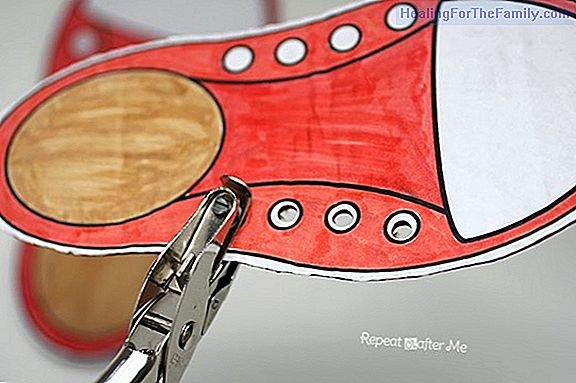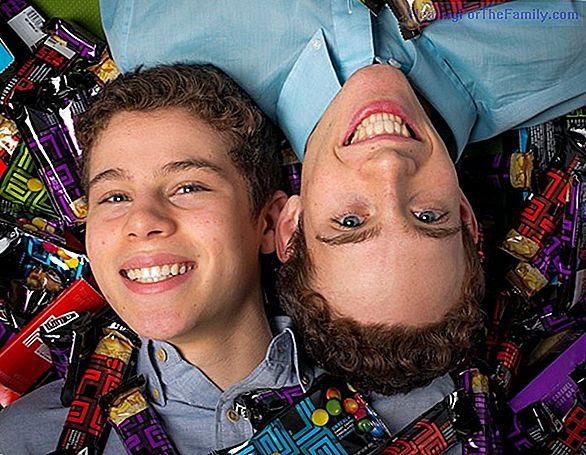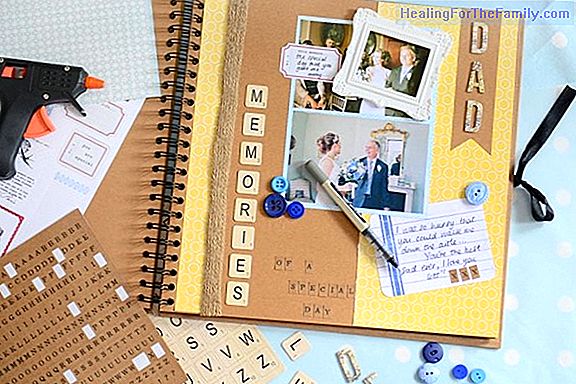How to help children accept disappointment
Life is full of ups and downs and from very young, children also suffer from small disappointments in their daily life: the swing of the park is busy, a friend does not want to share his toys, a puzzle that does not come out, having lost in a game, etc ... Disappointment is a normal feeling that ari
Life is full of ups and downs and from very young, children also suffer from small disappointments in their daily life: the swing of the park is busy, a friend does not want to share his toys, a puzzle that does not come out, having lost in a game, etc ...
Disappointment is a normal feeling that arises when things do not happen as we would like them to be and that is part of the process of learning and development of people. Therefore, for their proper emotional development, it is imperative that we let the children experience the feeling of frustration from a young age so that they learn to be able to handle the disappointments they will suffer for the rest of their lives. We tell you how to help children accept disappointment as part of life.
How to teach children to accept disappointment

For children to learn to accept disappointment as soon as possible, we can carry out the following basic guidelines:
- Help them to set realistic expectations ya, since it is not good to let them be done illusions about things that we are not sure will happen the way they want: 'may your friend Carlos not leave you the doll now even if you ask him please'. -Teach him to recognize disappointment and accept it
. Explain that it is normal that we feel bad when something does not go as we would like, saying things like: 'It's normal for you to be upset that Carlos did not leave the doll because you had been waiting all afternoon to play with him'. -Suggest possible alternative solutions
. It is important to see that when things do not happen as you want, there are other options: 'what do you think if while Carlos plays with the doll, you play to throw yourself down the slide'. -Make him see the positive side of the situation
. Virtually all disappointments are learned and we can train them from small to take out the positive part of them: 'do you see ?, Although you have not played with the doll you have had a great time on the slide and you have become a friend of the child that It was there'.-Do not let disappointment turn into a tantrum
. Children have to learn to control their frustration in a progressive way, so when they download their disappointment in the form of rage or tantrum, we will take all our attention away from them so that they learn that they do not get anything.-Reassure him a lot when he accepts adequately a disappointment
. This will be a perfect time to give him lots of hugs and pampering and to pay attention to him. -Learn to properly manage your own disappointments in front of children
. Adult models are the main source of learning and they tend to copy their behavior, both positive and negative. Aroa CamineroPsychologist

Centro de Psicología Álava Reyes












